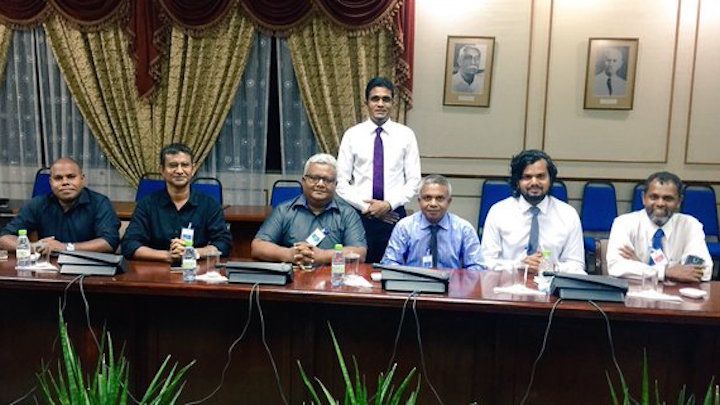Press freedom concerns unaddressed in revised defamation bill
A revised bill on criminalising defamation and imposing severe restrictions on free speech was introduced to parliament last Tuesday without addressing concerns raised by Maldivian journalists.

24 Jul 2016, 09:00
A revised bill on criminalising defamation and imposing severe restrictions on free speech was introduced to parliament last Tuesday without addressing concerns raised by Maldivian journalists.
Majority Leader Ahmed Nihan withdrew a previous version of the bill after a consensus emerged among Maldivian media that passing it into law would be the death knell of press freedom in the country.
But MP Jaufar Dawood of the ruling Progressive Party of Maldives submitted a revised defamation bill earlier this month without any substantial changes.
While Nihan’s bill prescribed fines of between MVR50,000 (US$3,200) and MVR5 million (US$324,000) as penalties for violations, the new bill lowered the upper limit to MVR2 million (US$130,000).
Become a member
Get full access to our archive and personalise your experience.
Already a member?
Discussion
No comments yet. Be the first to share your thoughts!
No comments yet. Be the first to join the conversation!
Join the Conversation
Sign in to share your thoughts under an alias and take part in the discussion. Independent journalism thrives on open, respectful debate — your voice matters.




